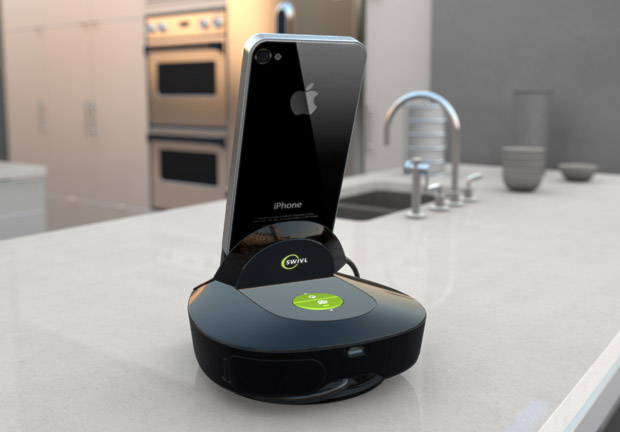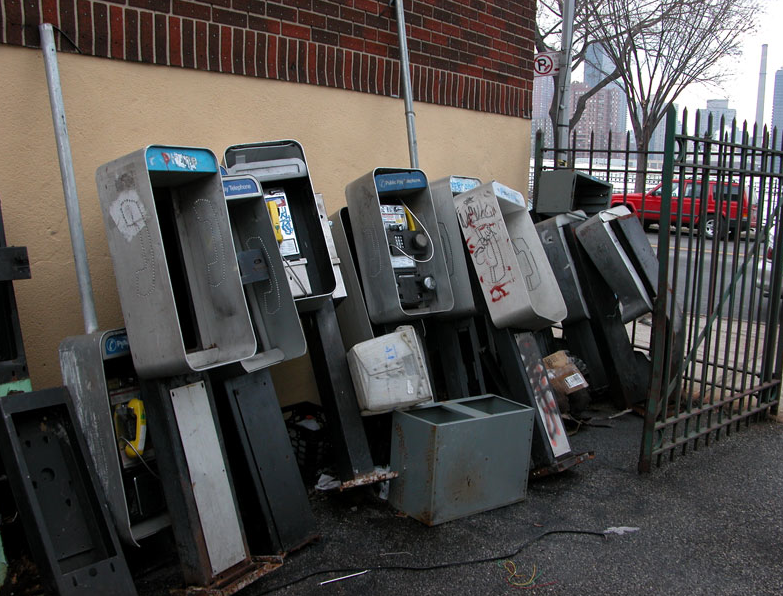
In a classic case of first generation technology hiccups, Princeton University has begun to ban iPads from using its network. The device has already been completely banned in Israel, and now Princeton’s IT team has begun banning Apples hot new item.
The iPad has been messing up its network. When an iPad wants to connect to Princeton’s Wi-Fi network, the device asks for permission from the university’s Dynamic Host Configuration Protocol (DHCP) system. The school’s Wi-Fi basically replies with, “Of course you can use our network. Here’s your temporary IP address, which you’ll need to get around the Internet. You’re free to use this IP address for the next few hours. But, Mr. iPad, please let us know if you’d like to keep it for longer. If you don’t renew it, we’ll give the IP address to another computer so that they can use our Wi-Fi.” It’s common for these temporary IP addresses to change hands every six hours. But some iPads seem to keep using their assigned numbers without renewing them. “The iPad owner is often unaware of any problem,” writes Princeton’s computer staff. “Nevertheless, it is an issue because it can interfere with service to other devices. Once the iPad has allowed its DHCP lease to expire, the DHCP server may lease the same IP address to another client.” When these overlaps occurs, they can confuse the Wi-Fi system, the iPad, and the next computer that checks out the IP address. Princeton says about half of the iPads using Princeton’s network have malfunctioned in this way. “When an individual iPad malfunctioned, we would contact the owner to advise him or her of the problem,” the university says. “When the same iPad malfunctioned a second time, we would block that device from using our network, and contact the owner again.” While Princeton banished certain iPads from its network, it has not banned the device, as Israel has. In fact, the school has since figured out a workaround and has been communicating with Apple to solve the problem permanently.







